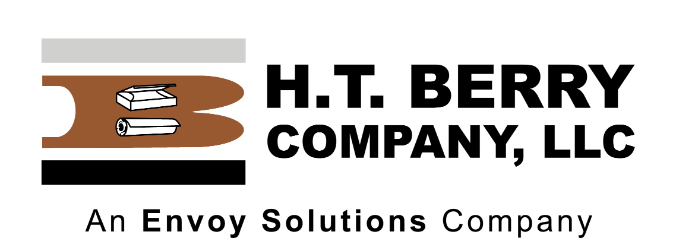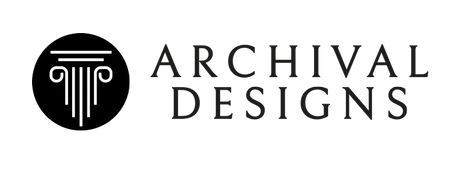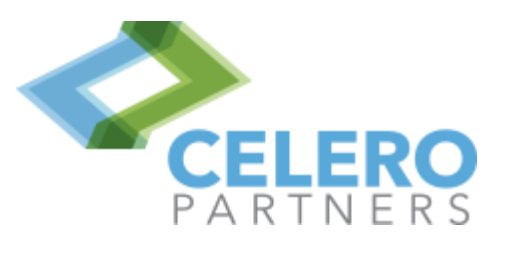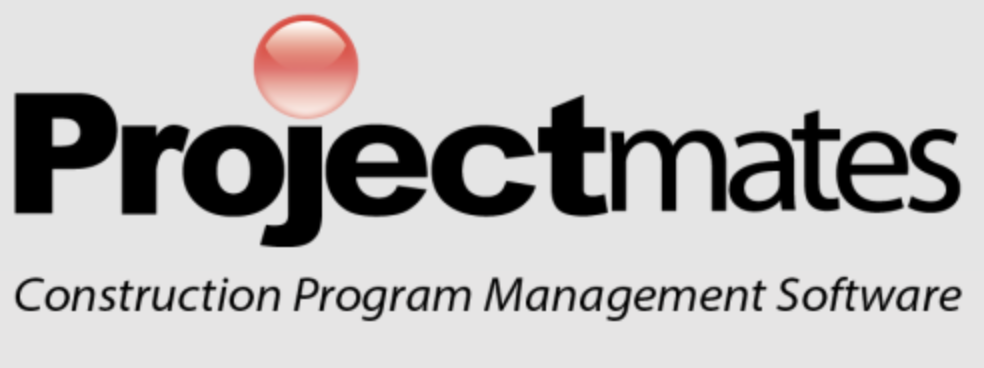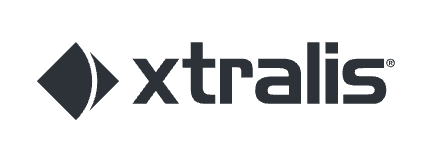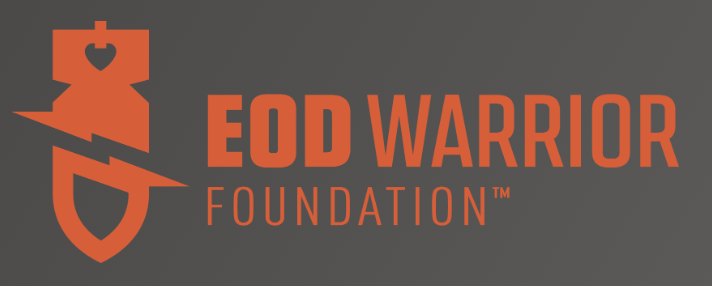Should You Use an SSL for Your Website
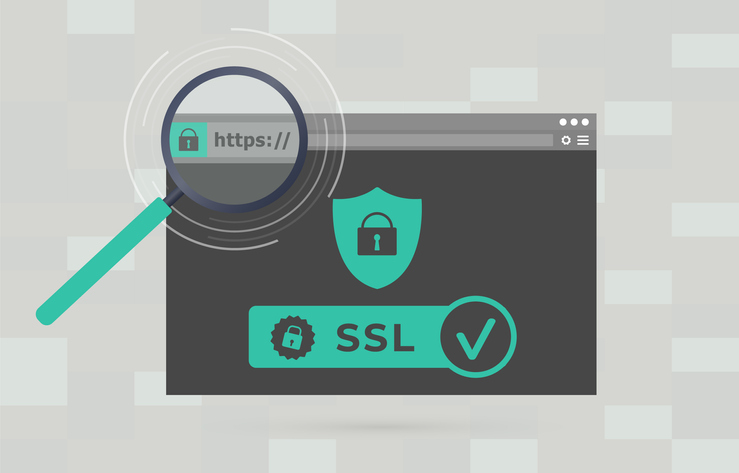
Categorized in: Digital Marketing
We have all heard the term SSL, but many still do not know what it is or why it is essential. An SSL Certificate ensures that data going from your browser to a server cannot be spied on or manipulated in any way. This makes an SSL a crucial component for some businesses and beneficial for everyone else. In this article, we will go over ways to tell if you need an SSL certificate, when to use it and how to install one.
What is SSL?
SSL stands for Secure Sockets Layer and is a security protocol that protects the data transmitted between a web server and browser. The SSL certificate is taken by all new websites or web applications, including Rose Hosting. It has a live verification process to ensure that your website doesn’t have any malware or spyware.
This process prevents crackers from stealing personal information like credit card numbers, passwords, and IDs. You do not need to pay for an SSL certificate, which is included in our top-tier hosting plan. They will create an SSL certificate if you choose our web hosting and enable the Let’s Encrypt add-on included.
Does HTTPS make a Difference?
The main difference between SSL and HTTPS is that both secure your website, but only SSL encrypts the traffic. This means that anyone listening to your traffic cannot see what you are doing with your website. They may only be able to see the connection with your server, but nothing else. This differs from HTTP, which you send through the browser before it reaches your website. HTTP is not encrypted. It has also been hacked in the past. If you have a public website on the internet, anyone can look at it and see what information you are sending them.
SSL certificates offer more security for your visitors and visitors downloading content from your site.
What does SSL protect?
SSL certificates make it harder for anyone to access any sensitive information you send to your website. Usually, people do not send credit cards or other sensitive information over the web. When you choose SSL, you remove this risk. This also makes it difficult for someone to snoop your site as long as they don’t have access to the encryption keys of your website.
The encryption keys that allow a hacker to see all your sensitive information are held by the SSL certificate, not your hosting provider. For more information on why you should use SSL and how it can protect you and your business, please read the resources listed below.
What is HTTPS?
While SSL encrypts the traffic between the web server and browser, HTTPS is a certificate that encrypts the data being transferred from your website to search engines (Google, Bing).
To use HTTPS, you need to have an SSL certificate and a web server that supports it. If the site does not support HTTPS, the browser will show a warning in the address bar, and most search engines will not index it.
What is Let’s Encrypt?
Let’s Encrypt is an automated Webroot Let’s Encrypt SSL Certificate Services ACME that issues free SSL certificates. It uses the technology of ACME, which is the protocol used by Let’s Encrypt. ACME automated certificate management for the internet allows anyone to issue a free SSL certificate for their domain on-demand, at no cost.
If a person does not want to keep that certificate on their server, it can be revoked at any time. The process is automated over HTTP and HTTPS. It is entirely open-source, and there are many different plugins available for all central web servers and operating systems. If you are interested in using Let’s Encrypt, please check out our guide or watch the video below.
How Does Let’s Encrypt Work?
Let’s Encrypt ensures that encrypted communications are carried from web servers to browsers through back-channels. That is, it secures the unencrypted traffic between web servers and browsers. Let’s Encrypt does not encrypt the actual data sent from site to site or from user to server. The mechanism for securing unencrypted traffic between web server and browser is based on the standard SSL protocol. Encryption certificates are issued in PKCS #7 format, a standard file format used by browsers to sign SSL/TLS certificates. Let’s Encrypt software deploys multiple stapling mechanisms to solve the problem of TLS renegotiation. This enables clients to be confident that the site they are communicating with, via encrypted transport, is, in fact, the same as the site that was presented in the original SSL negotiation.
SSL is Considered Essential These Days
No matter if you are a blogger, a small business owner, or an established large corporation, you may have heard that SSL is an essential part of your e-commerce presence these days. It doesn’t matter if the site is used for marketing purposes or for sharing news with users; They should acquire an SSL certificate to take care of personal data (like credit card details or login information) and business secrets.
Reasons to Use SSL on Your Sites
There are numerous reasons you might need to secure your website with an SSL certificate. You could have a site used to publish news and information, for example, or that is used to share personal photos and videos. Here are some of the most common reasons people use SSL on their sites. It can prevent cybercriminals from stealing personal information from your sites like passwords or credit cards.
If you run a website that collects personal data or sensitive financial information, you must secure it with an SSL certificate. Users will be more likely to trust you with their private information if you are using the best technologies available to protect them. You can show this trust by purchasing an SSL certificate for your site. The certificate will allow your visitors to have a seamless experience when accessing your site. They will be more likely to trust you because they know that you are protecting them from cybercriminals.
LIKE AND SHARE THIS ARTICLE:











